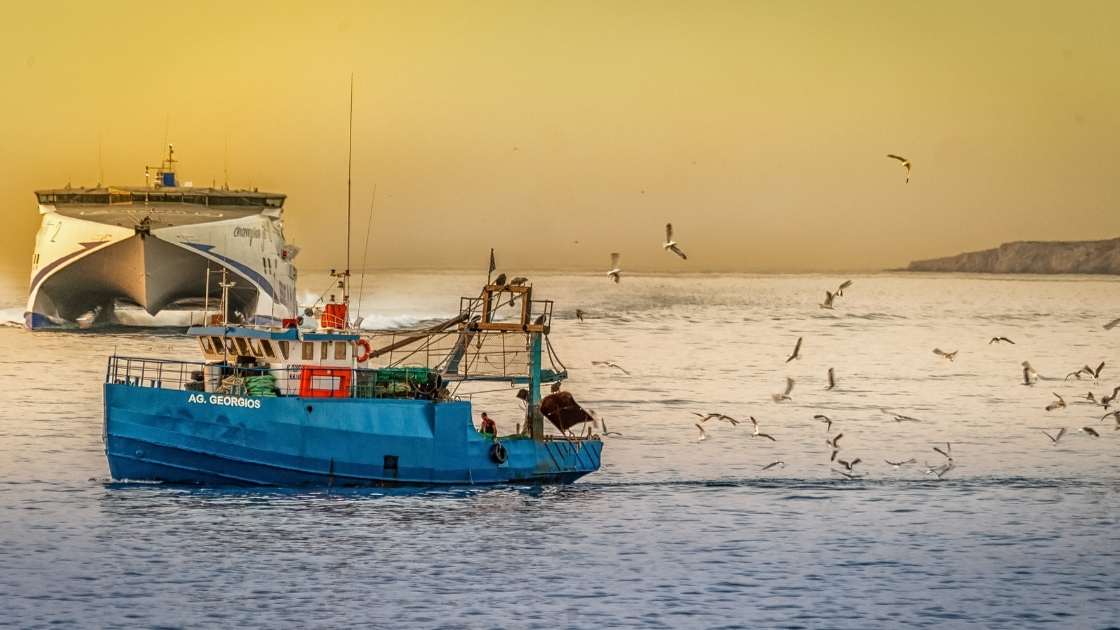Fishermen from Tamil Nadu are increasingly being detained in Sri Lankan territorial seas for “poaching.” However, the parties concerned have yet to demonstrate the urgency required for well-known solutions.
In the most recent incident, the Sri Lankan Navy captured 22 fishermen from Nagapattinam and adjacent Karaikal on Wednesday.
According to a letter addressed by Tamil Nadu Chief Minister M.K. Stalin to External Affairs Minister S. Jaishankar a few days ago, Sri Lanka already has 29 fishermen in custody. Sri Lankan officials are also thought to have impounded 84 ships. The frequency with which Tamil Nadu’s fishermen allegedly violate the International Maritime Boundary Line despite knowing the consequences illustrates their desperation brought on by livelihood concerns.
This does not, however, free them of responsibility for destroying Sri Lanka’s marine biodiversity, which is important to Tamil fishermen in the Northern Province who have suffered as a result of the civil conflict.
Recent events, such as the reported deaths of two Jaffna fishermen on January 27 and 29, subsequent demonstrations by northern Sri Lankan fishermen, and the revealed auctioning by Sri Lanka of 140 impounded boats even before a Tamil Nadu government team and fishermen’s representatives could visit Sri Lanka to complete modalities on the disposal of unsalvageable boats, have exacerbated the perplexing problem.
There has been no word from Colombo about enabling fishermen-devotees to visit St. Anthony’s Church in Katchatheevu’s annual festival in March.
Aside from releasing the detained fishermen, the two countries’ governments should select a date for a joint working group meeting, which was last held in December 2020. They should also make it simpler to restart fisherfolk dialogues, especially in Tamil Nadu and the Northern Province. Sri Lanka should take the lead, as the people of the north bore the burden of the alleged wrongdoings. Furthermore, its positive actions would be consistent with the commitment reached by the Prime Ministers of India and Sri Lanka at the virtual summit in September 2020 to “continue engagement to address concerns relating to fishermen through regular consultation and bilateral channels.”
New Delhi may consider granting additional incentives and exemptions to fishermen in the Palk Bay areas of Tamil Nadu in order to evoke a stronger reaction. It might also be interpreted as a gesture of goodwill towards the fishermen in the Northern Province. In the Palk Bay fisheries issue, there is no shortage of ideas, but considerable action on the part of players has been missing.

